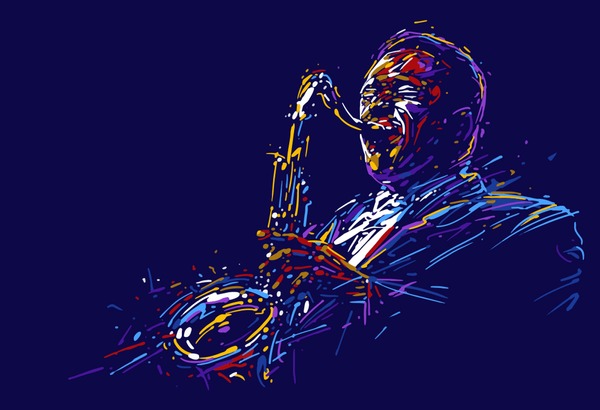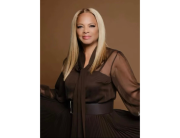Blues is a music genre and musical form that originated in the Deep South of the United States around the 1860s. Blues incorporated spirituals, work songs,and rhymed simple narrative ballads from the African-American culture.
Since the 1980s there has been a resurgence of interest in the blues among a certain part of the African-American population, particularly around Jackson, Mississippi and other deep South regions. Often termed “soul blues” or “Southern soul”, the music at the heart of this movement was given new life by the unexpected success of two particular recordings on the Jackson-based Malaco label: Z. Z. Hill’s Down Home Blues (1982) and Little Milton’s The Blues is Alright (1984). Contemporary African-American performers who work in this style of the blues include Bobby Rush, Denise LaSalle, Sir Charles Jones, Bettye LaVette, Marvin Sease, Peggy Scott-Adams, Mel Waiters, Clarence Carter, Dr. “Feelgood” Potts, O.B. Buchana, Ms. Jody, Shirley Brown, and dozens of others.
During the 1980s blues also continued in both traditional and new forms. In 1986 the album Strong Persuader announced Robert Cray as a major blues artist. The first Stevie Ray Vaughan recording Texas Flood was released in 1983, and the Texas-based guitarist exploded onto the international stage. John Lee Hooker’s popularity was revived with the album The Healer in 1989. Eric Clapton, known for his performances with the Blues Breakers and Cream, made a comeback in the 1990s with his album Unplugged, in which he played some standard blues numbers on acoustic guitar.
However, beginning in the 1990s, digital multitrack recording and other technological advances and new marketing strategies including video clip production increased costs, challenging the spontaneity and improvisation that are an important component of blues music. In the 1980s and 1990s, blues publications such as Living Blues and Blues Revue were launched, major cities began forming blues societies, outdoor blues festivals became more common, and more nightclubs and venues for blues emerged. Tedeschi Trucks Band and Gov’t Mule released blues rock albums. Female blues singers such as Bonnie Raitt, Susan Tedeschi, Sue Foley and Shannon Curfman also recorded albums.
In the 1990s, the largely ignored hill country blues gained minor recognition in both blues and alternative rock music circles with northern Mississippi artists R. L. Burnside and Junior Kimbrough. Blues performers explored a range of musical genres, as can be seen, for example, from the broad array of nominees of the yearly Blues Music Awards, previously named W.C. Handy Awards or of the Grammy Awards for Best Contemporary and Traditional Blues Album.
The Billboard Blues Album chart provides an overview of current blues hits. Contemporary blues music is nurtured by several blues labels such as: Alligator Records, Ruf Records, Severn Records, Chess Records (MCA), Delmark Records, NorthernBlues Music, Fat Possum Records and Vanguard Records (Artemis Records). Some labels are famous for rediscovering and remastering blues rarities, including Arhoolie Records, Smithsonian Folkways Recordings (heir of Folkways Records), and Yazoo Records (Shanachie Records).
Photo Credit: Shutterstock







Add Comment
You must be logged in to post a comment.